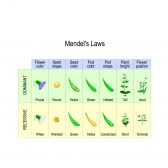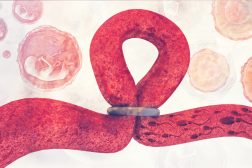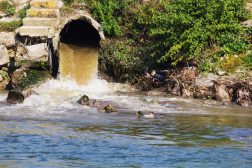Definition
noun, plural: mucins
Any of the class of glycoproteins found in mucus (e.g. saliva, gastric juice, etc.) secreted by mucous membranes to lubricate or protect body surfaces of vertebrates
Supplement
Mucus refers to the viscous, slippery substance that is secreted by the glands. It is the slime produced by the mucous membranes. Thus, it consists of the secretions of the glands, along with various inorganic salts, desquamated cells and leucocytes. Nevertheless, one of the major components of mucus is mucins. Mucins are glycosylated proteins capable of forming gels. They are responsible for the polyelectrolyte effect in mucus. This effect regulates the influx and efflux of water in the mucus.
Mucins are heavily glycosylated proteins. In general, a mucin is a protein structure with a dense sugar-coating. Mucin monomers interact with one another mostly by non-covalent linkages.
The major functions of mucins include cell signaling, lubrication, and forming chemical barriers. They are also associated with controlling mineralization (e.g. nacre of mollusks), echinoderms’ calcification, and vertebrates’ bone formation.
Over production or secretion of mucin occurs in many adenocarcinomas, such as in caner of the pancreas, lung, breast, ovary, colon, etc. Mucin is also overly expressed in the presence of lung diseases such as asthma, bronchitis, cystic fibrosis, etc.
Word origin: muc- » from Latin mūcus (“mucus”) + –in (pertaining to)
See also:
- glycoprotein
- mucolytic
- mucus
Related form(s):







